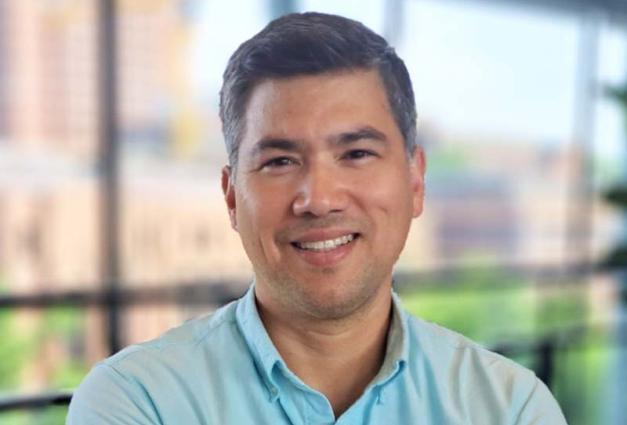An Assistant Professor of Psychology at Furman University, in Greenville, SC, Nader Hakim completed a PhD in Social Psychology at the University of Kansas, in Lawrence, KS. His primary research interests are in the relationship between racism and racial/ethnic identity development, and in social representations of conflict and intergroup relations.
What has been your biggest challenge as a social or personality psychologist?
I think my biggest challenge has been to conduct programmatic research. With all the autonomy we have as researchers, there are so many questions I can imagine pursuing. This is especially the case given the global social justice questions that I think about the most, and there is sadly no shortage of avenues to pursue. But as I enter year three in my post grad-school academic career, I’m conscious about trying to contribute more deeply to the areas I care most about and trying to limit how much range I try to pursue this early in my career.
What do you want to learn/achieve/grow in next?
I think the rise of online research platforms coinciding with my training in social psych was a blessing and a curse. I got to conduct studies quickly, but I haven’t built a skillset to conduct research in other contexts, namely field studies. Since much of my research is attitudinal, I think the online platforms actually serve my purposes quite well. But for my next steps, I want to develop a practice of participatory action research and other modes of embedded, transformational studies of inequality that offer a rich sense of the phenomena I’m interested in.
Do you have a favorite course to teach and why?
I really do get something different with every class, but it feels wrong to say anything other than my Stereotyping & Prejudice course. I annually reminisce about what it was like to be in Denise Sekequaptewa’s similar course as an undergrad and now being in a similar position to facilitate a social psychological dive into such critical questions with a small class. I was happily caught off guard then with the empirical approach and I enjoy doing it again with new students who typically self-select as social issues-oriented, which makes discussion and growth all the more enriching.
What is a recent journal article you recently read and would recommend (and why)?
I’ve gotten a lot of intellectual and even professional encouragement (see above) from reading Daniel Sullivan’s recent PSPR paper on ‘Social Psychological Theory as History.’ If I have a decent pulse on my generation of intergroup relations-oriented social psychologists, it’s an excellent conceptual foundation for us to understand how many of the research questions that the old guard might call ‘derivative’ are actually more transparently providing substantive insight into a pressing social issue that extensions of ‘basic theory’ could not.
Outside of psychology, how do you like to spend your free time?
As a first-time parent to a three-month old, time is one of the many disoriented features of my life. Now, it’s about bringing awareness into everyday things like taking care of the house or gardening. The best is cooking and baking with my wife. She’s better at being sous-chef when we pair up, but I’m working on trusting her process.
What is the best book you’ve read or TV show or movie you’ve watched recently?
I recently finished Greg Grandin’s The End of the Myth. A highly-readable and direct critique of a foundational ideological thrust in the U.S.—that this nation can keep expanding without limits, literally and figuratively, as if the suffering seen and yet to be seen is justifiable or unrelated to that expansion.




